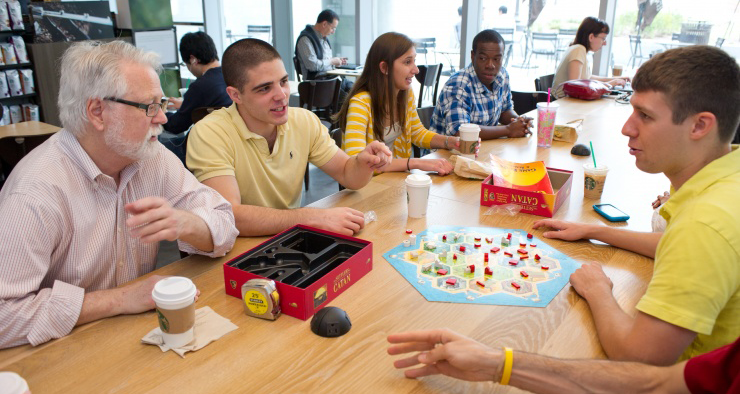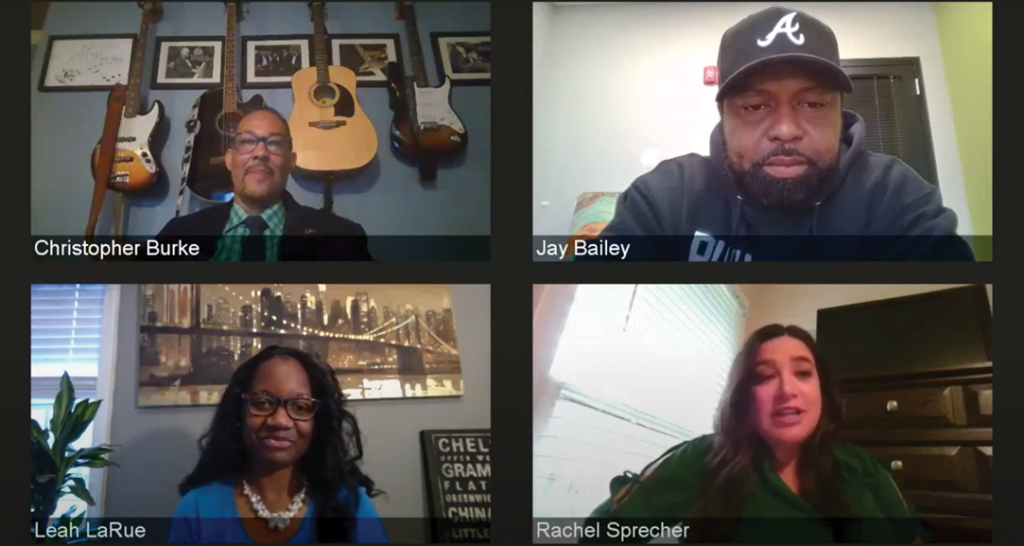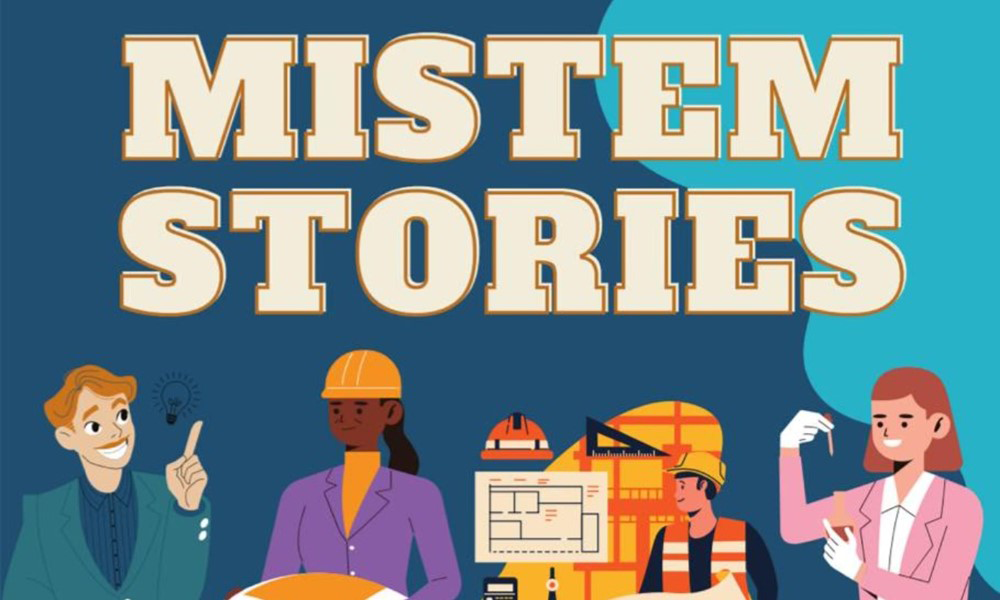
Living Learning Communities (LLCs) are a popular option for incoming students to develop a community and pursue their area of interest. Tech offers five first-year LLCs and two upperclassmen LLCs, each targeting a different area of interest for students. Grand Challenges and Global Leaders focus on problem solving capabilities using both technical and nontechnical skills.
According to promotional materials, Grand Challenges teaches students to analyze global problem spaces such as disaster, energy, environment, health, learning and shelter with an empathetic approach to develop servant leadership skills. Students in the program value it more for its rich community.
“It’s like a very close-knit community where you could be able to explore your different ideas or different projects in the class setting, as well as being able to make a lot of connections with people who have similar ideas or interests as you,” said Mary Zhou, fourth-year Business major.
When starting as a first-year, Grand Challenges guides students in forming a team with other students in their year and developing their project. The project design is based on a global issue generated by the project’s team, and the students will then spend the remainder of the semester working to understand that problem. Grand Challenges provides opportunities for research, such as interviewing experts in the field.
Then, in the second semester, students work to develop a solution to their selected problem. During their work, students are able to socialize and cultivate their interest in their selected field.
“You’re also making meaningful connections, getting to hang out with really interesting people that share a passion for making the world a better place,” said Ramsey Cook, fourth-year ENVE major.
Zhou encourages incoming first-years to join Grand Challenges because it thrusts you into an environment distinct from high school. Grand Challenges offers students “exposure to people you would normally not have in a class or your dorm” in the form of area experts and mentors.
Students also have opportunities to network with older students. Zhou said many upperclassman students continue to use Grand Challenges in job and internship interviews because the unique experiences allow students to showcase their use of valuable skills.
Grand Challenges also offers mentorship to students through the Student Assistants, in which upperclassman connect with incoming first-years and develop programs to facilitate student bonding, such as trips to Fernbank or World of Coke prior to the COVID-19 pandemic.
In the midst of the COVID-19 pandemic, which minimized their social activity to ensure the safety of students and staff, Tech is expected to return to completely residential operation in the Fall of 2021. Students are hopeful to see the return of these community building events in the upcoming semester.
Similarly, Global Leadership is a first-year LLC that focuses on solving global issues. However, Global Leadership creates solutions using policy tools, whereas Grand Challenges seeks out a more technical solution. Global Leadership utilizes an international perspective in their problem-solving approach.
“We learn how to problem solve and learn how to problem define in global and international context, so it teaches you a different way of thinking, as well,” said Angelica Macapinlac, third-year CHBE major.
Global Leadership classes teach students about the United Nations’ 17 Sustainable Development Goals and how to apply their majors to solve these problems. New students join Student Action Teams (SATs) that focus on particular areas of global life and development and develop team building skills through this experience.
Global Leadership provides a unique mentorship opportunity that prioritizes community building within a student’s major. Incoming first-years are paired with an upperclassman of a similar major. Mentors tutor first-years and provide advice in choosing classes and career opportunities.
Mentor pairs are required to meet at least twice a month to provide advice, ensure they are adjusting well and direct them towards any resources they may need.
“What I’ve learned as a part of the Learning Community Council is that apparently people who are in an LLC tend to have higher GPAs and tend to already have a community for them,” said Macapinlac.
Similar to Grand Challenges, Global Leadership utilizes programming and community spaces to cultivate relationships between students. Additionally, Global Leadership places a greater emphasis on study abroad than other LLCs. With the help of study abroad advising, numerous Global Leadership students have participated in study abroad programs, which provide unique community bonding experiences.
Zhou advises incoming students that the LLC experience is what you make of it.
“The biggest thing is — just take advantage of the opportunities or you’re not going to get the experience you hear from everyone else,” Zhou said.
For more information on Grand Challenges, contact @gtgrandchallenges on Instagram. For more information on Global Leadership, contact @gtgloballeadership on Instagram.



